Latest

Funding secured to help mitigate ground risk in UK construction sector
05/02/2026
The BGS Common Ground project has been awarded new funding to help unlock the value of ground investigation data.

Hole-y c*@p! How bat excrement is sculpting Borneo’s hidden caves
23/12/2025
BGS researchers have delved into Borneo’s underworld to learn more about how guano deposited by bats and cave-dwelling birds is shaping the subsurface.
Explore more news
Browse all news and events by category
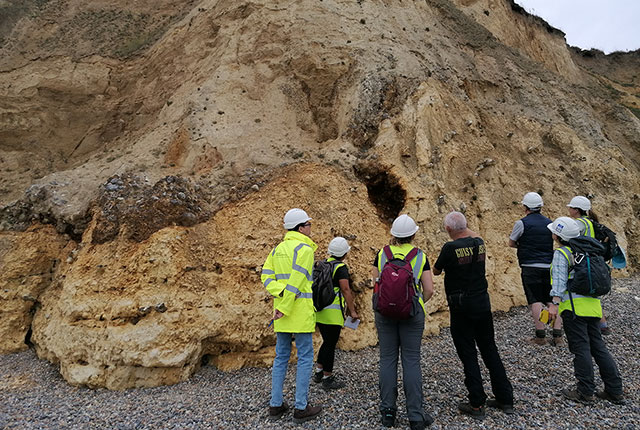
Notes from an applied glacial geology field course in Norfolk
28/10/2022
Marine geoscientist Catriona MacDonald and urban geologist Raushan Arnhardt share their experiences from a recent trip to north Norfolk to learn more about glacial geology.
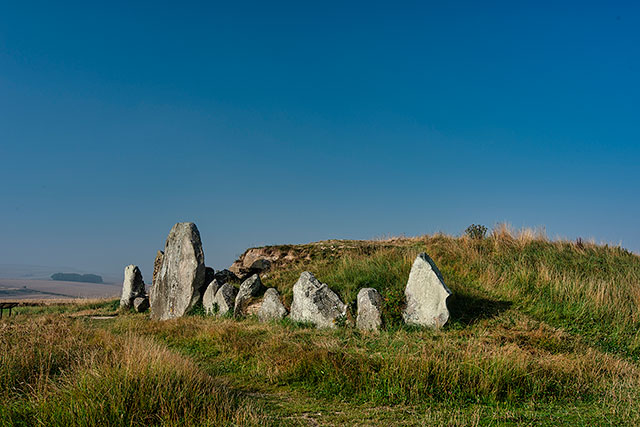
New lead isoscape map for archaeological provenance studies in Great Britain
28/10/2022
A new study aims to determine lead isotope ratios in soil and rock across Great Britain which could inform future archaeological studies about human and animal origins.
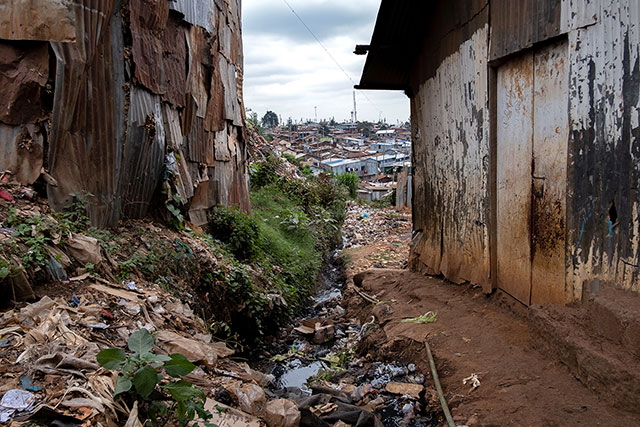
Accumulation of toxic substances in Nairobi’s river sediments
27/10/2022
Researchers have warned of the presence of toxic contaminants and untreated wastes accumulating in Nairobi’s Mathare, Ngong and Nairobi rivers.
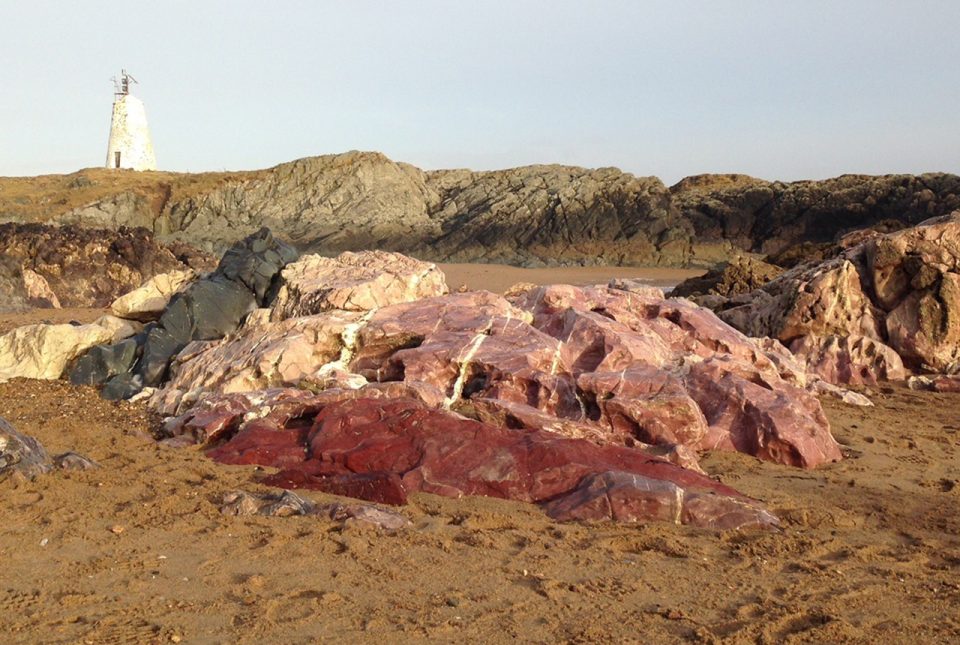
Parts of UK listed among world’s most important geological sites
25/10/2022
Parts of Wales, Scotland and Northern Ireland have been named among 100 of the world’s most important geological sites by UNESCO and international scientists.

Film trilogy wins award and shares experiences of 1985 Nevado del Ruiz eruption
24/10/2022
A collaborative film trilogy co-directed by BGS Volcanologist, Dr Anna Hicks, has won the overall 'Dynamic Earth' Theme Award at the Earth Futures Festival 2022.

BGS joins European Geothermal Congress to highlight UK’s geothermal potential
21/10/2022
The European Geothermal Congress will discuss how the geothermal sector can help with the energy crisis.
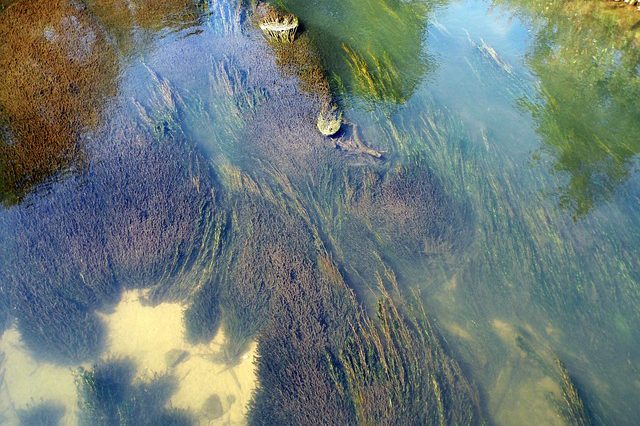
Tracking nitrate and ammonium in the environment
20/10/2022
Newly developed methodologies are improving our understanding of nitrogen cycling.
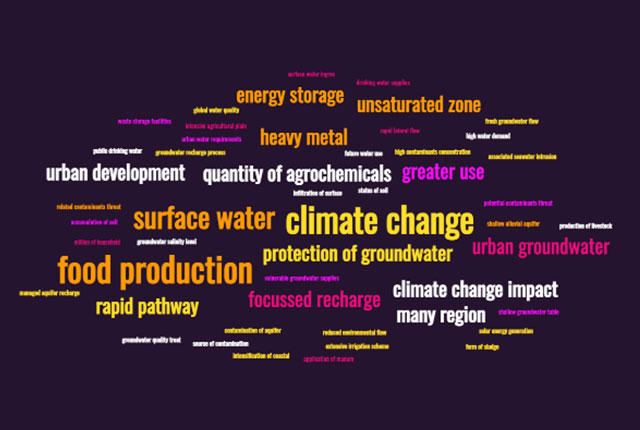
The question of quality: how data science is tackling threats to our groundwater
14/10/2022
An improved understanding of groundwater quality threats could help better manage groundwater resources and mitigate threats to global water supplies.



